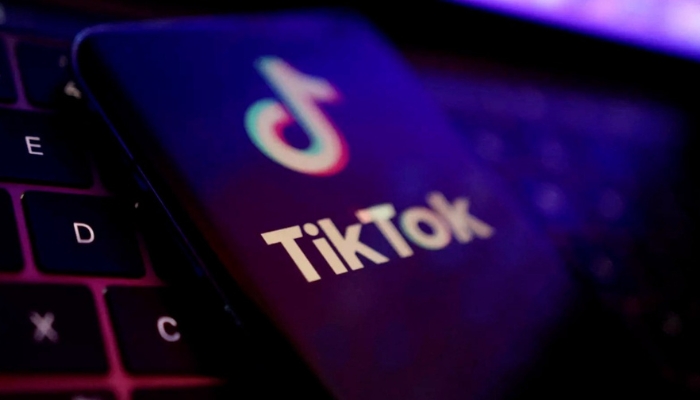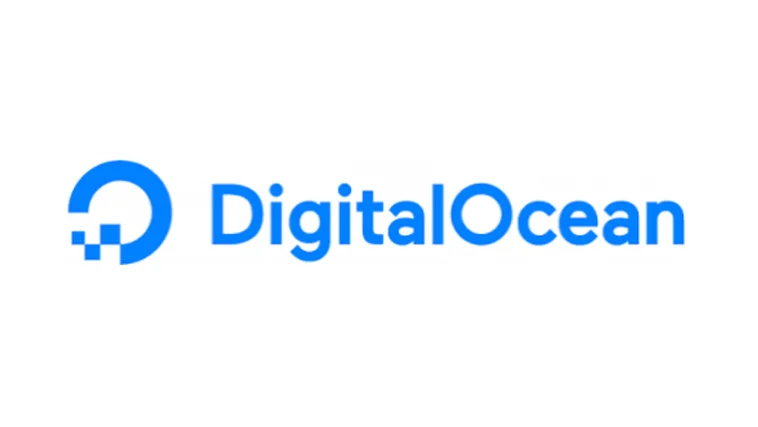
Last updated on April 4th, 2024 at 09:44 am
Video platform faces inquiry over possible Digital Services Act violations, including age verification
The EU has initiated a formal inquiry to determine if TikTok has violated regulations concerning online content, particularly regarding the protection of children. The European Commission has officially commenced proceedings against the short video platform, which is owned by a Chinese company, for potential violations of the Digital Services Act (DSA). The investigation is examining various aspects, such as ensuring the safety of minors, maintaining records of advertising content, and assessing whether TikTok’s algorithms guide users toward harmful content.
Thierry Breton, the EU’s Commissioner for the Internal Market, has emphasized that safeguarding children is a primary focus of enforcement under the DSA. The investigation into child safety on TikTok encompasses age verification, an issue brought to light by a Guardian investigation last year, as well as the default privacy settings used for children’s accounts.
“As a platform with a vast reach among children and teenagers, TikTok must adhere fully to the DSA and has a significant role in protecting minors online,” Breton stated. “Today, we are initiating this formal infringement procedure to ensure that appropriate measures are taken to safeguard the physical and emotional well-being of young Europeans. We must spare no effort in protecting our children.”
In April of the previous year, the Irish data watchdog imposed a €345 million (£295 million) fine on TikTok for violations of EU data law concerning the platform’s handling of children’s accounts. Concurrently, the UK Information Commissioner fined the company £12.7 million for unlawfully processing the data of children under 13, who were below the minimum age for using TikTok.
Companies that violate the DSA could be fined up to 6% of their global revenue. TikTok is a subsidiary of the Chinese tech firm ByteDance.
TikTok stated that it remains committed to collaborating with experts and the industry to ensure the safety of young users on its platform. The company also expressed its anticipation to provide a comprehensive explanation of its efforts to the European Commission.
“Ahead of others in the industry, TikTok has introduced innovative features and settings to safeguard teenagers and prevent under-13s from accessing the platform, challenges that the entire industry is addressing,” a company spokesperson remarked.
The commission is also examining potential deficiencies in TikTok’s disclosure of publicly accessible data to researchers, as well as whether the company has fulfilled its obligations to create a database of advertisements that have been displayed on the platform.
There is no specified deadline for the investigation. Brussels has indicated that the duration of the inquiry will depend on various factors, including the complexity of the case and the extent of cooperation from the company under investigation.
This scrutiny of TikTok represents the second investigation under the DSA, following a formal inquiry into Elon Musk’s social media platform X, previously known as Twitter, initiated by Brussels in December of last year. The investigation into X is focused on issues such as failure to block illegal content and insufficient measures against disinformation.
Apple is reportedly facing a significant fine from the EU over its conduct in the music streaming app market. The European Commission is investigating whether the US tech giant prevented music streaming services from informing users about cheaper subscription options outside its app store.
According to the Financial Times, Brussels intends to levy a fine of €500 million, marking a landmark decision against Apple following years of complaints from companies that offer services through iPhone apps.
The commission declined to comment on the matter. Apple did not provide a new statement but referred to a previous one in which the company stated its intention to address the commission’s concerns “while fostering competition and providing choice for European consumers”.
While Apple has not previously been fined for competition issues by the European Commission, it did receive a €1.1 billion fine from France in 2020. This amount was later reduced to around €370 million on appeal, for engaging in anti-competitive practices with two wholesalers.
Apple and other major tech companies are facing increasing scrutiny over competition issues. Google is currently appealing against fines exceeding €8 billion imposed by the EU in three separate competition investigations.
Apple recently won a lawsuit brought by the Fortnite developer, Epic Games, which alleged that the app store constituted an illegal monopoly. In a similar case, Epic Games prevailed against Google in December, as Google oversees the Android mobile phone software.
In response to the EU’s Digital Markets Act, Apple announced last month that it would allow EU customers to download apps without using its own app store. This law imposes new obligations on digital “gatekeepers,” including Amazon, Microsoft, Apple, and Google.




